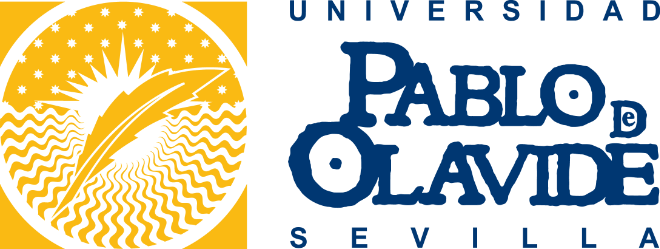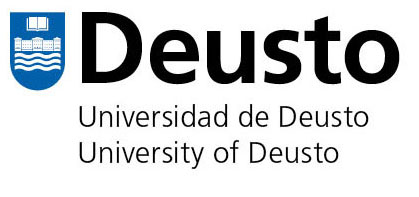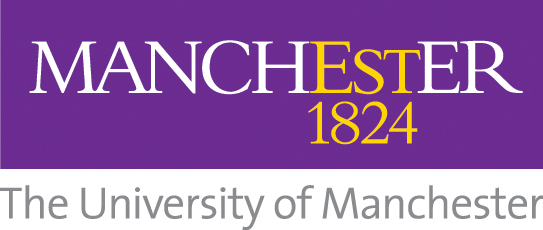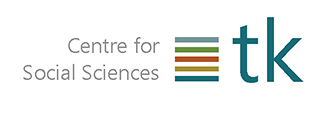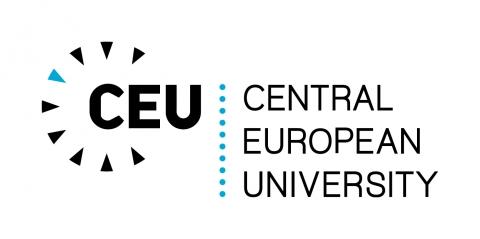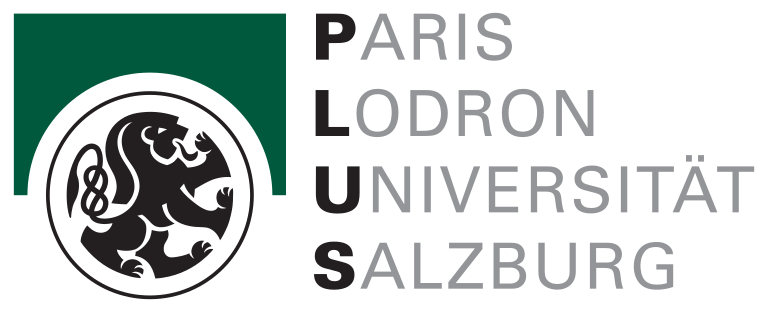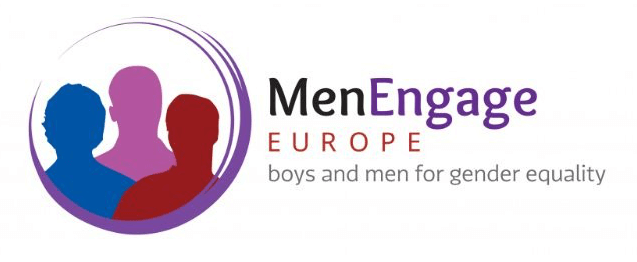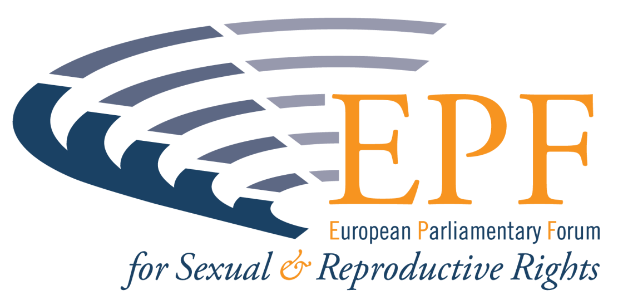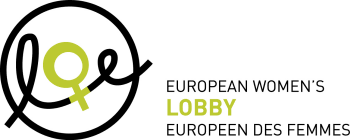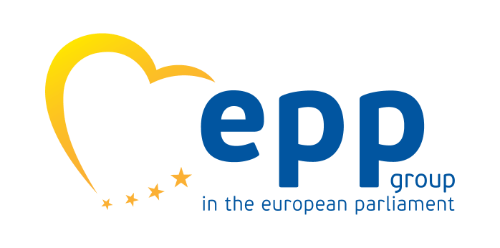CONSORTIUM
UNTWIST project is composed of a consortium of 9 partners (seven universities, one research institute, one association and one foundation). The consortium has been set up to ensure the well-balanced participation of academic partners from different geographical areas, and guarantee the representation of the heterogenous political, social, economic, and demographic contexts that might be relevant for our findings and that need to be considered in our policy recommendations. The project will be carried out in a set of countries that include representatives of different regional areas, with different socio-demographic characteristics and political configurations. UNTWIST focuses on six European countries that we take as “representative” of those regions: Spain (South), UK (Western), Germany and Switzerland (Central), Hungary (East), and Denmark (North), all of them with relevant right-wing populist actors. The consortium integrates political science, sociology, and gender studies specialists in a complementary manner, with significant expertise in gender from different perspectives. Among the consortium partners, expertise on gender analysis, mixed methods, as well as quantitative and qualitative methods, guarantee that we have the relevant knowledge for the different work packages.
UPO
Universidad Pablo de Olavide
The Universidad Pablo de Olavide (UPO) is a modern and young university less than 50 years old, which is nonetheless located among the 250 best young universities by Times Higher Education (Young Universities Ranking 2021). Besides that, UPO is ranked between 601-700 according the Academic Ranking of World Universities 2023. Founded in 1997, it is located within a single campus in Seville, Spain, covering a total of 136 hectares and dominated by a tower and a set of buildings recognized as assets of Cultural Interest.
The UPO is a public institution that leads a selective field of Higher Education and is oriented towards the generation, dissemination and transfer of knowledge, with an international vocation, ensuring equality, plurality and sustainable development.
As one of the youngest universities in Spain, the UPO has a relatively small community with 10.325 undergraduate students, 5.262 postgraduate students, 1.353 researchers and 356 administration staff (academic year 2021-2022). The university counts with valuable infrastructures for education, research and innovation (as of 2022): 52 official degree studies, 50 master & doctoral programmes, 62 own degrees, 15 departments, 11 research centres, 119 research groups, 59 patent families. Seven schools or faculties are in charge of different undergraduate, postgraduate and doctoral programmes: Faculty of Experimental Sciences, Faculty of Social Sciences, Faculty of Sport, Faculty of Law, Faculty of Humanities, Polytechnic School and San Isidoro University Centre, associated with UPO.
UDEUSTO
University of Deusto
The University of Deusto (DEUSTO) is a private institution of higher education with more than 125 years of history born with the mission of service and social commitment, consolidating itself as one of the Spanish universities in the U-Multirank ranking. Currently, DEUSTO offers 39 degrees in the field of engineering, business administration, social sciences, law, arts and health, 50 masters and 22 executive programs. Since 1987, the University has undertaken a strong internationalisation process that has multiplied its opportunities for international collaboration. Today the University of Deusto participates in many research collaborative projects funded by the European Commission, is part of a wide number of international networks and has signed multiple cooperation agreements with universities and research centres all over the world.
USAAR
Universität des Saarlandes
USAAR – Department of European Social Research, Chair of Political Science
Saarland University (USAAR) is the largest university in Saarland with around 17,000 students and around 4,600 employees, distributed across six faculties. Located in Saarbrücken and Homburg, USAAR promotes cutting-edge research in Computer Science, Nano and Life Sciences, and Europe. As of February 2023, the university includes several research centres, which are involved in approximately 30 EU-funded Horizon 2020 projects, 150 projects funded by the German Research Foundation (DFG), and 180 projects funded by the German federal government. The Department of European Social Research consists in an interdisciplinary department which promotes research and teaching in cultural and physical geography, political science, and sociology. As part of the department, the Chair of Political Science (European Integration and International Relations) focuses on the multilevel political system of the European Union and European politics, with an empirical-analytical approach and quantitative methods. Link: https://www.uni-saarland.de/en/department/european-studies/departmental-professors/political-science-with-special-focus-on-european-integration-and-international-relations.html
UNIMAN
University of Manchester
The University of Manchester is one of the largest Universities in the United Kingdom, with around 7,000 academic and research staff and 40,000 undergraduate and postgraduate students. The University ranks 28th in the 2023 QS World University Rankings and 9th in the Times Higher Education University Impact Rankings, measured against the UN’s Sustainable Development Goals. In the 2021 Research Excellent Framework (REF), 93% of the University’s research activity was rated ‘world leading’ or ‘internationally excellent.’ Politics at Manchester is one of the largest politics units in Europe, with approximately 70 members of academic staff, 250 MA students, and over 60 PhD students. The department develops and supports research of high quality across a substantive and methodological range, organised around five research clusters: Global Political Economy, Comparative Politics, Democracy and Elections, Analytical Political Theory, and Critical Global Politics. The department also has concentrations of research excellence in European Politics, Chinese Politics, Political History, the Politics of Gender, and the Politics of War and Terrorism. Politics ranks 8th in the country in the 2021 Research Excellence Framework, with 95% of the department’s research activity rated ‘world leading’ or ‘internationally excellent.’
UBERN
Universität Bern
The University of Bern is among the top public universities in Switzerland, enjoying some of the highest staff satisfaction and since 2023 making the list of the 100 best universities worldwide. Two research entities of the university are involved in UNTWIST: The Institute of Political Science and the Interdisciplinary Centre for Gender Studies.
The Institute of Political Science is ranked among the Excellence Group of European political science. The Institute is particularly strong in combining research is practice-oriented applications. This manifests for instance in catering services to the public, such as the Année Politique Suisse and the Comparative Political Data Set. The Interdisciplinary Centre for Gender Studies is the University’s competence centre for inter- and transdisciplinary gender research, rallying over 30 people from different disciplines together. It couples excellence in the fields of Human Rights & Discrimination, Gender Equality Policy, and Feminist Theory with practice-relevant recommendations. The Centre regularly conducts research mandates and scientific consultations for administration, politics and civil society, a prestigious mandate being the “Women’s Human Rights App”.
CSS
Centre for Social Sciences
The Centre for Social Sciences (CSS) Budapest is the flagship research institute for social sciences in Hungary, founded by the Hungarian Academy of Sciences with its founding charter guaranteeing that its research is carried out without political influence.
The Centre comprises four institutes: Institute for Political Science, Institute for Minority Studies, Institute for Legal Studies, Institute for Sociology, and other research units, with scientific staff of about 200 researchers.
It conducts disciplinary and interdisciplinary research in the areas of sociology, political science, computational social science, network science, minority studies and legal studies using the latest scientific methods and high-quality research data. Besides fostering explorative and innovative international research, CSS Budapest addresses vital questions that pertain to Hungarian society. The Centre’s aims include playing a prominent role in regional social science research and being a point of reference in Hungary.
Two of the six journals published by the Centre are ranked by SCOPUS, and has an expanding international publication portfolio in highly ranked international journals and publishing companies, thanks to the rigorous research performance evaluating system introduced in 2013 with a focus on international publications. CSS operates an open access repository for research. CSS is dedicated to building collaborative, trans-disciplinary research networks.
Our mission is to foster excellence and innovation in the social sciences and provide impactful research to solve contemporary social challenges.
Webpage: tk.hu
LinkedIn: @centre-for-social-sciences-budapest
Twitter: @css_budapest
Facebook: @mta.tarsadalomtudomany
Flickr: https://www.flickr.com/photos/162467876@N03/albums
RUC
Roskilde University
Roskilde University is a Danish research-driven, public university. Founded in 1972 Roskilde University was originally established in order to challenge academic traditions and to experiment with new ways to create and acquire knowledge. The university builds on innovative and student-centred forms of learning and strong interdisciplinary research environments. Currently around 7500 students attend undergraduate, graduate and post-graduate study programmes at Roskilde University. The university employs 500 researchers and 450 academic staffs. Educational principles at Roskilde University include interdisciplinarity, problem-oriented project work, participant direction and joint responsibility. From enrolment to graduation, students learn to identify and define problems scientifically, assess and select the relevant theories and methods, and conduct independent scientific analyses. Across all institutes at Roskilde University interdisciplinary research centres focus on the great social, cultural, economic and environmental challenges in the world around us, including Centre for Gender, Power and Diversity.
ViT
Visualization for Transparency Foundation
The Visualization for Transparency Foundation ViT (Fundació ViT, Visualització per a la Transparència in Catalan) is a not-for-profit organization focused on making complex information clear and accessible through data visualization. We strive to increase transparency and help communities make better, informed decisions by offering guidance on visualization methods and promoting data-driven visual communication.
Our work revolves around promoting literacy in data visualization and collaborating with public institutions to transform the reach of their open data using friendlier data interfaces, storytelling techniques, and visual tools.
We organize educational activities in visualization and data science, like our Master’s degree in Visual Tools —in collaboration with the Fundació UdG: Innovació i Formació, hackathons, and conferences like the Dataviz for Society conference —co-organized with the Digital Future Society.
Our multidisciplinary team of designers, engineers, and data activists design and develop open data visualization projects that reimagine public data experiences. Among other projects, we have collaborated with the United Nations Environment Programme to produce their pollution and climate action notes, a collection of data visualizations that explore and explain the climate emergency. We have also worked with National Geographic Society, Utrecht University and Esri on the World Water Map, a tool to understand how people use water around the globe. To learn more about who we are and what we do, visit https://www.fundaciovit.org/
ECSA
European Citizen Science Association
The European Citizen Science Association (ECSA) is a membership association that brings together many stakeholders to increase the democratization of knowledge production. ECSA was set up to encourage the growth of citizen science in Europe, and to support the participation of the general public in research processes – across science, social science, humanities and the arts.
ECSA’s vision:
A world where people are empowered to make a positive change through science.
ECSA’s mission:
We make science and research open, accessible and valuable for everyone.
ECSA supports its members by coordinating citizen science projects, performing research on citizen science, and exchanging experiences and capacity-building. Most of the activities are led by members, and often organized through our thematic working groups. These working groups rely on experts and interested people, who commit their time and expertise to our activities. Additionally, ECSA engages in research and coordination projects, and acts as a communications hub for citizen science in Europe.
Within the UNTWIST project, ECSA organises workshops with the civil society and stakeholders to co-develop policy recommendations to actively engage citizens in the process.
External Expert Advisory Board
UNTWIST External Expert Advisory Board (EEAB) is formed by representatives of political parties, policymakers, institutions, NGOs, and some scholars. The UNTWIST EEAB has been appointed to assist and facilitate the decisions made by the UNTWIST General Assembly. However, EEAB members shall also help the UNTWIST consortium present empirical findings and policy proposals to stakeholders in the most valuable and usable ways and in communicating and disseminating results. All EEAB members gracefully donate their time to this task, and the UNTWIST consortium highly appreciates their collaboration.
CEU
Central European University
Central European University is an undergraduate- and graduate-level “crossroads” university where faculty and students from more than 100 countries come to engage in interdisciplinary education, pursue advanced scholarship, and address some of society’s most vexing problems.
CEU is accredited in the United States and Austria, and offers English-language bachelor’s, master’s and doctoral programs in the social sciences, the humanities, law, management and public policy. Located in Vienna, the heart of Europe, CEU has a distinct academic and intellectual focus, combining the comparative study of the region’s historical, cultural, and social diversity with a global perspective on good governance, sustainable development and social transformation.
Founded in 1991 at a time when revolutionary changes were throwing off the rigid orthodoxies imposed on Central and Eastern Europe, CEU is based on the premise that human fallibility can be counterbalanced by the critical discussion of ideas and that this critical spirit can be sustained best in societies where citizens have the freedom to scrutinize competing theories and openly evaluate and change government policies.
CEU is one of the most densely international universities in the world. Its rare mix of nationalities, ethnicities, and cultures creates an ideal environment for examining such “open society” subjects as emerging democracies, transitional economies, media freedom, nationalism, human rights, and the rule of law. It also brings multifaceted perspectives to all aspects of community life.
CEU is known for excellence in teaching and research—with purpose. At the core of its mission lies a set of principles: the pursuit of truth wherever it leads, respect for the diversity of cultures and peoples, and commitment to resolve differences through debate not denial.
PLUS
Paris Lodron University Salzburg
Paris Lodron University Salzburg PLUS is the largest educational institution in Salzburg with almost 18,000 students and around 3,000 employees in research, teaching and administration. The University is an integral part of both cultural and economic life, and is a meeting point for teachers and students, academia and the local community. The name of our university reflects its founding by Prince Archbishop Paris Lodron in 1622. Since its re-establishment in 1962, the University of Salzburg has become a modern and vibrant university.
Many of the University’s facilities are housed in some architecturally breath-taking buildings in Salzburg’s city centre. The Faculties in Freisaal and UNIPARK in Nonntal make up the modern university campus. Further locations include those in Itzling and Rif, as well as further afield in Linz, Krems and Vienna.
The University of Salzburg offers a wide spectrum of educational opportunities. The PLUS boasts 89 degree programmes. They are divided into Bachelor’s, Master’s, PhD and diploma programmes. Students are free to choose their own focus areas and can add supplementary courses in various disciplines. In addition, the University of Salzburg offers numerous part-time University Programmes for Further Education, some of which are run together with other educational institutions.
MENENGAGE
Menengage Europe
MenEngage Alliance is a space for members to come together in solidarity with those most targeted by gender injustices and patriarchal systems to collectively dismantle structural barriers to women’s rights and gender equality. As a global network, we bring together people and organizations with a shared vision of a world in which gender justice and human rights are recognized, promoted and protected, where all people are equal and free from discrimination and oppression.
Our work with men and boys stems from the pioneering work and ongoing leadership of women’s rights and LGBTQI movements. This means we root our understanding of the world in feminist theory and an understanding that patriarchy is a system at the center of women’s and LGBTQI person’s human rights violations and gender inequalities.
EPF
European Parliamentary Forum for Sexual and Reproductive Rights
The European Parliamentary Forum for Sexual and Reproductive Rights is a network of Members of Parliament throughout Europe who are committed to protecting the sexual and reproductive rights (SRHR) of all people, both at home and overseas. The Secretariat is based in Brussels.
In advocating for these human rights, EPF parliamentarians work on the following topics, amongst others.
EWL
European Women’s Lobby
The European Women’s Lobby (EWL) brings together the women’s movement in Europe to influence the general public and European Institutions in support of women’s human rights and equality between women and men.
We are the largest European umbrella network of women’s associations representing a total of more than 2000 organisations in 26 EU Member States, four Candidate Countries, one former EU Member State and one European Free Trade Association country, as well as 17 European-wide organisations representing the diversity of women and girls in Europe. EWL envisions a society in which women’s contribution to all aspects of life is recognised, rewarded and celebrated – in leadership, in care and in production; all women have self-confidence, freedom of choice, and freedom from violence and exploitation; and no woman or girl is left behind.
PES
Party of European Socialists
The Party of European Socialists (PES) brings together the Socialist, Social Democratic and Labour Parties of the EU. The PES is our common platform, where our members come together: activists, party executives, Secretary Generals, Leaders, youth organisations, MPs, MEPs, European Commissioners, Ministers and Prime-Ministers of socialist, social-democratic, labour and democratic parties and organisations within Europe. We also exchange best practices and engage in political campaigning. Our main aim is to support our member parties and organisations.
EPP
European People’s Party
The European People’s Party (EPP) strives for a democratic, transparent and efficient Europe that is close to its citizens. The EPP wants a prosperous Europe through the promotion of a free market economy with a social consciousness. The EPP is the EU’s centre-right party and its largest and most influential political family. The EPP currently includes 82 parties and partners from 43 countries, the President of the European Commission, President of the European Parliament, 9 members of the European Commission and the largest Groups in the European Parliament.



